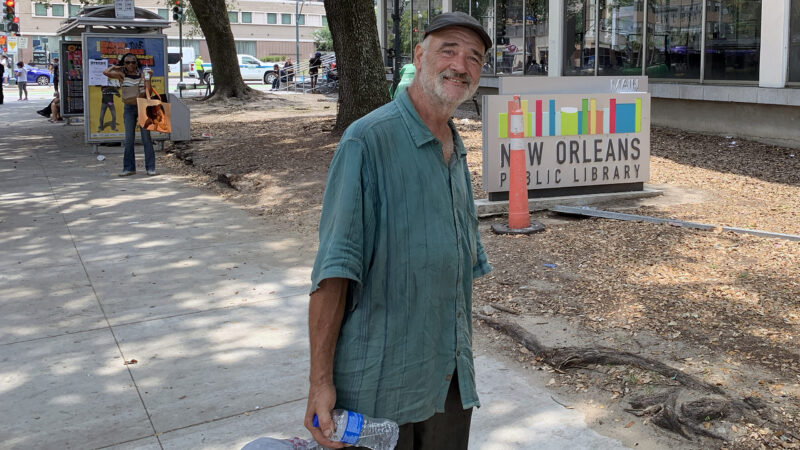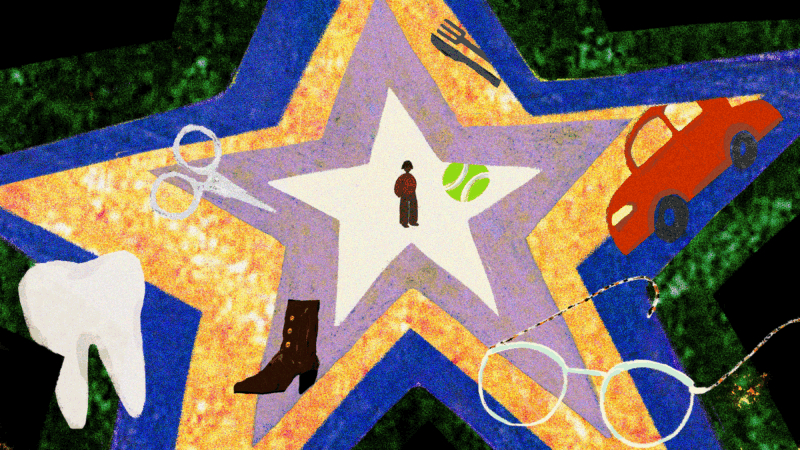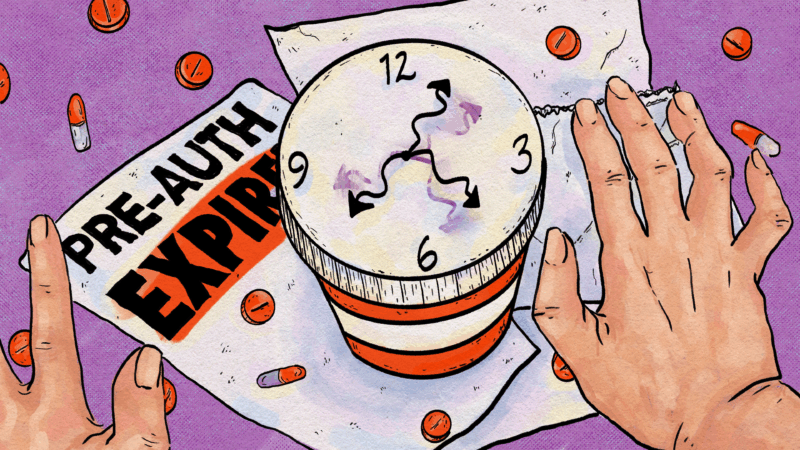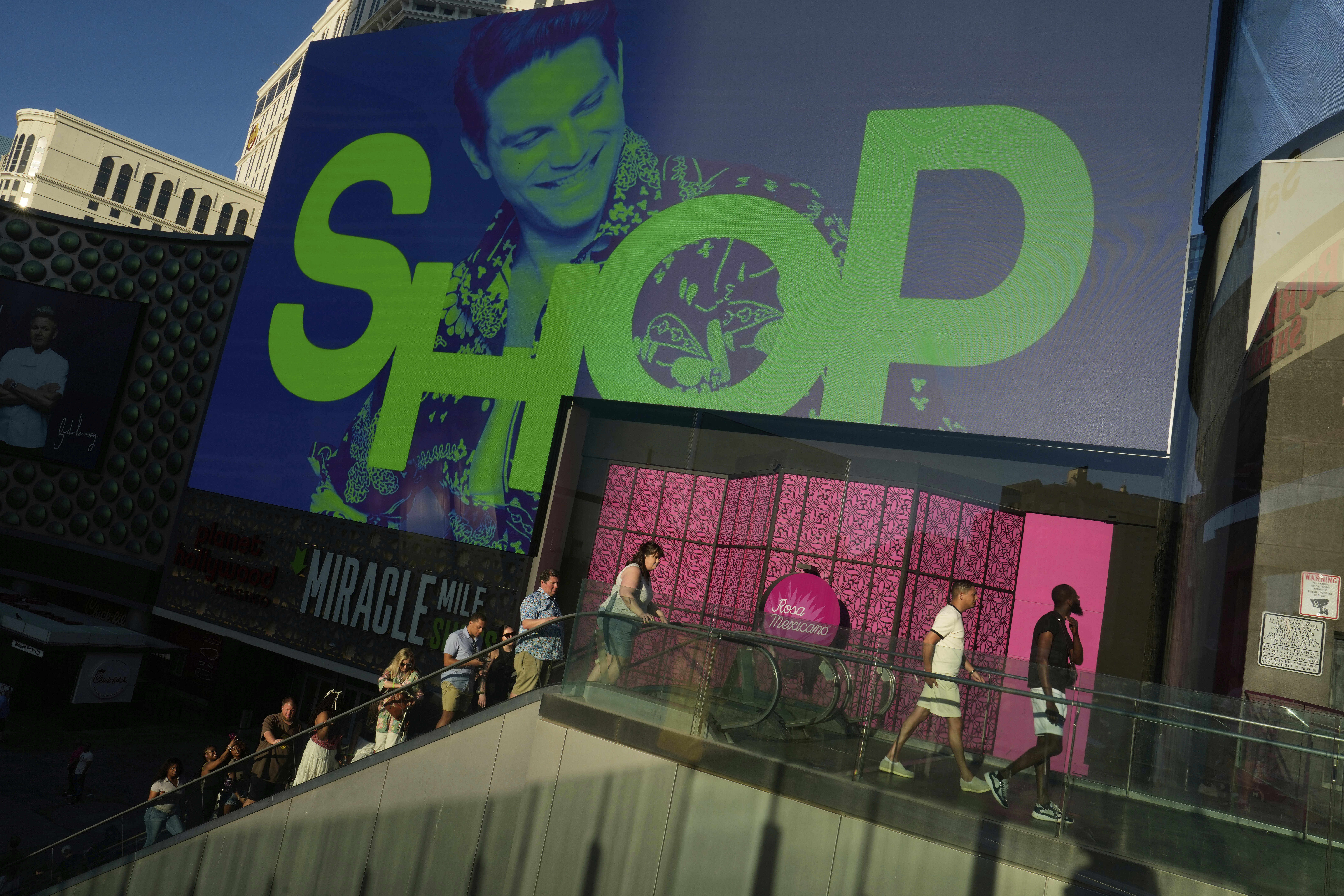Q&A: Why New Orleans’ unhoused people face increased danger from relentless heat
Steven, who asked to remain anonymous, stands outside of the main branch of the New Orleans Public Library, on June 30, 2023. The building has been designated as a “cooling station” during the recent heat dome.
As the Gulf South deals with heat it has never seen before, a new report in The Guardian from journalist Delaney Nolan revealed the increased toll the extreme weather has had on New Orleans’ unhoused population.
New Orleans recorded its hottest month ever in July, prompting heat emergency declarations from public officials and encouragement to shelter inside during the hottest part of the day. But for many unhouse people, the options or resources to do so are nonexistent.
Nolan’s report highlights a spike in monthly calls to emergency medical services to assist unhoused people experiencing heat illness. Additionally, it details an increase in possible heat-related deaths and regular harassment from law enforcement that unhoused people have endured.
In a conversation with the Gulf States Newsroom’s Drew Hawkins, Nolan discusses how the heat impacts people who live outside, what unhoused people say can be done to help support them and more.
The following conversation has been edited and condensed for clarity.
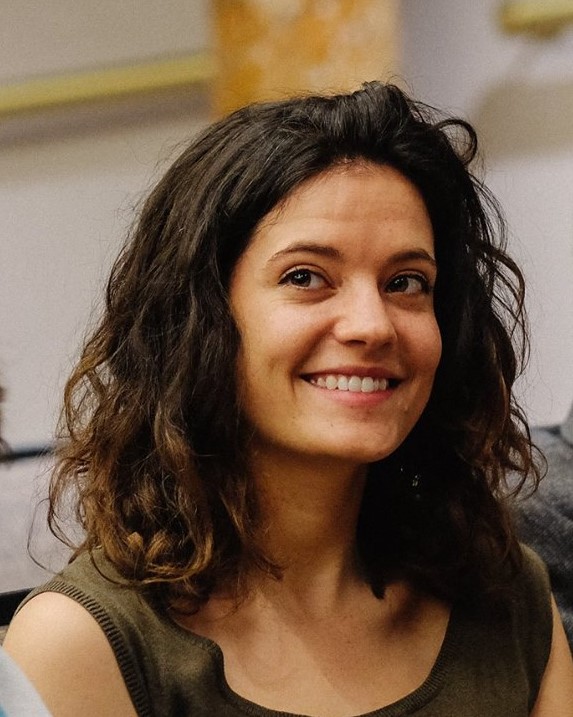
There’s a lot to unpack from your report, so let’s start with the basics here: How is the heat impacting people who live outside?
So, people living outside have been facing really extreme heat this summer. July was the hottest ever in New Orleans. August was the hottest month ever in New Orleans. And this is the world’s hottest summer ever.
The state’s also in extreme drought. So this constant record-breaking heat, it’s especially dangerous for unhoused people because heat stress is cumulative. That means it just gets worse and worse the longer you’re in it. When you can’t escape it day after day, night after night, that’s when you really get into trouble.
Unhoused people also tend to have more comorbidities like diabetes, cardiovascular issues — things that make them even more vulnerable. There are some numbers that I think really drive that point home. I spoke with the New Orleans EMS and they told me that last summer they had three heat-related calls for unhoused people. So far this year, they’ve had 67.
Those numbers really speak for themselves. That’s a significant jump, and I think it’s really important to point out here, as you did in your reporting, that this heat isn’t just uncomfortable. It can actually be really deadly for people who are living outside in it. Is that something that we’re seeing?
Yeah, I really think we should emphasize that this is life-threatening heat. These are just not conditions that the human body can get used to. This extreme constant heat causes what one expert I spoke with called “sneaky effects” on your major organs.
So, to give kind of an overall picture, since June 1st, at least 31 unhoused people have died just in New Orleans. That’s an average of one every three days. Remember that heat deaths are really notoriously hard to diagnose. It might not kill you outright, but your heart is pounding harder all day and night. Your kidneys are dehydrated and struggling. That becomes a problem. You’ve got blood clots breaking free. It’s sneaky and serious damage.
Only about a third of those 31 unhoused deaths have a cause of death listed so far, and none of them say heat. But I shared one of those causes of death with the expert, and he said it absolutely sounded heat-related. So the point is this: It’s safe to say the heat is causing death in unhoused people, even if heat is not listed as their official cause of death.
I spoke with one unhoused gentleman named Mike Infinity who stays in Jackson Square and he’s seen those dangers firsthand.
Clip of Mike Infinity: A lady recently died out here where homeless people seemed to always come to think. If you stay right here on the front yard.
Clip of Nolan: What was her name?
Clip of Infinity: It was Robin. I don’t know her last name
That was Robin Metcalf. Robin died on August 8th, the same day that the heat emergency was declared, and she does not yet have a cause of death listed.
You know, you’ve talked about – that there were a few things that didn’t quite make it into the report. I’m thinking specifically about this idea that there were people living on the streets who died during the heat emergency who actually had housing vouchers but hadn’t yet found a landlord who would accept them before their deaths. Do you mind going into that a little bit?
Yeah, thanks for bringing that up. That didn’t make it into the story, but I think it really underscores how preventable some of these deaths are. Mike Infinity’s friend Robin Metcalf, the one who died the day the heat emergency was declared, was actually one of those people. She’d finally gotten awarded the housing voucher, but she hadn’t yet been able to find a place to use it. And then, even though she was finally incredibly close to being housed, she died outside — the same morning Mayor Cantrell signed the heat emergency declaration.
You know, Delaney, one of the things that really stood out to me reading your report was just the number of people that you’ve talked to for this story. I mean, It must have taken an immense amount of trust, especially when you think about this community, they have plenty of good reason to be distrustful of outsiders. I’m wondering if maybe you can tell us what support could help people living on the street right now?
Overwhelmingly, people are saying that housing is the most useful intervention they could receive.
To get there, we need more caseworkers, more affordable housing, more housing services. I think what we’re seeing is that the climate crisis is also a housing crisis and we need to get everybody inside. That means wholesale dedication to universal housing, public housing and affordable housing with support services, tenant protections and legislative moves like banning source of income discrimination, which could have helped somebody like Robin get inside faster and avoid her death.
In the immediate term, cold water is a big deal. If you ever drive down Calliope or Claiborne, consider keeping some frozen water bottles in the back, maybe some cold sports drinks or oranges that can help people get some immediate relief. But there’s no fix like housing — with air conditioning.
Read Nolan’s full report in The Guardian here.
This story was produced by the Gulf States Newsroom, a collaboration between Mississippi Public Broadcasting, WBHM in Alabama, WWNO and WRKF in Louisiana and NPR. Support for health equity coverage comes from The Commonwealth Fund.
Why farmers in California are backing a giant solar farm
Many farmers have had to fallow land as a state law comes into effect limiting their access to water. There's now a push to develop some of that land… into solar farms.
Every business wants your review. What’s with the feedback frenzy?
Customers want to read reviews and businesses need reviews to attract customers. But the constant demand for reviews could be creating a feedback backlash, experts say.
Can’t get a prescription renewed? Here’s how to cope with prior authorizations
These health care hurdles can stand in the way of getting treatment your doctor says you need. Here's what to know about how to deal with them.
‘Get back to integrity’: Oklahoma’s Kevin Stitt on Republicans after Trump
NPR's Steve Inskeep asks Oklahoma Gov. Kevin Stitt about his spat with President Trump, immigration and the future of the Republican Party.
Civil rights leaders say the racial progress Jesse Jackson fought for is under threat
Activists say racial progress won by the Rev. Jesse Jackson is under threat, as a new generation of leaders works to preserve hard-fought civil rights gains.
Tariffs cost American shoppers. They’re unlikely to get that money back
After the Supreme Court declared the emergency tariffs illegal, the refund process will be messy and will go to businesses first.

